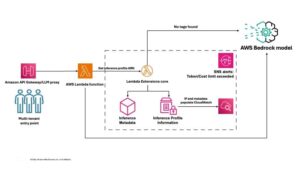Reading Dogs, an innovative initiative dedicated to canine education, has emerged as a reference in the field of respectful and personalized training for dogs and their owners. Its approach is based on understanding the individual needs of each animal, promoting balanced relationships and avoiding punishments or punitive methods. The educators at Reading Dogs implement customized work plans that allow them to better understand canine communication, address unwanted behaviors, and teach commands, from the most basic to the most advanced. The ultimate goal is to create a trusting environment that benefits both the dogs and their families.
Among the features that stand out at Reading Dogs is the option of personalized training, which is offered either at home or online, thus facilitating its integration into each dog’s daily routine. This flexibility ensures that the methods employed are more effective and tailored to the animal’s usual context. A highlighted aspect of their methodology is the use of mantrailing, a fascinating technique that harnesses the exceptional sense of smell of dogs to locate missing persons. This service is useful for individuals as well as rescue teams and not only presents an exciting challenge, but also strengthens the bond between the dog and its handler, promoting greater mutual trust.
In their educational offering, Reading Dogs covers a wide range of programs ranging from puppy socialization to adapting dogs in homes with newborns, ensuring that each pet receives the appropriate attention to their needs. Jessica Cano, a professional canine educator and ethologist leading this initiative, customizes each training plan, taking into account the individual circumstances of each dog and its environment. Her approach is based on scientific principles that ensure respectful treatment of animals, promoting a more harmonious coexistence.
In addition to training, Reading Dogs organizes various activities, including rural walks and workshops, that allow dogs to socialize and learn in a fun and safe environment. This comprehensive approach not only enriches canine education but also contributes to improving the quality of life of families who share their daily lives with these animals.
Source: MiMub in Spanish












